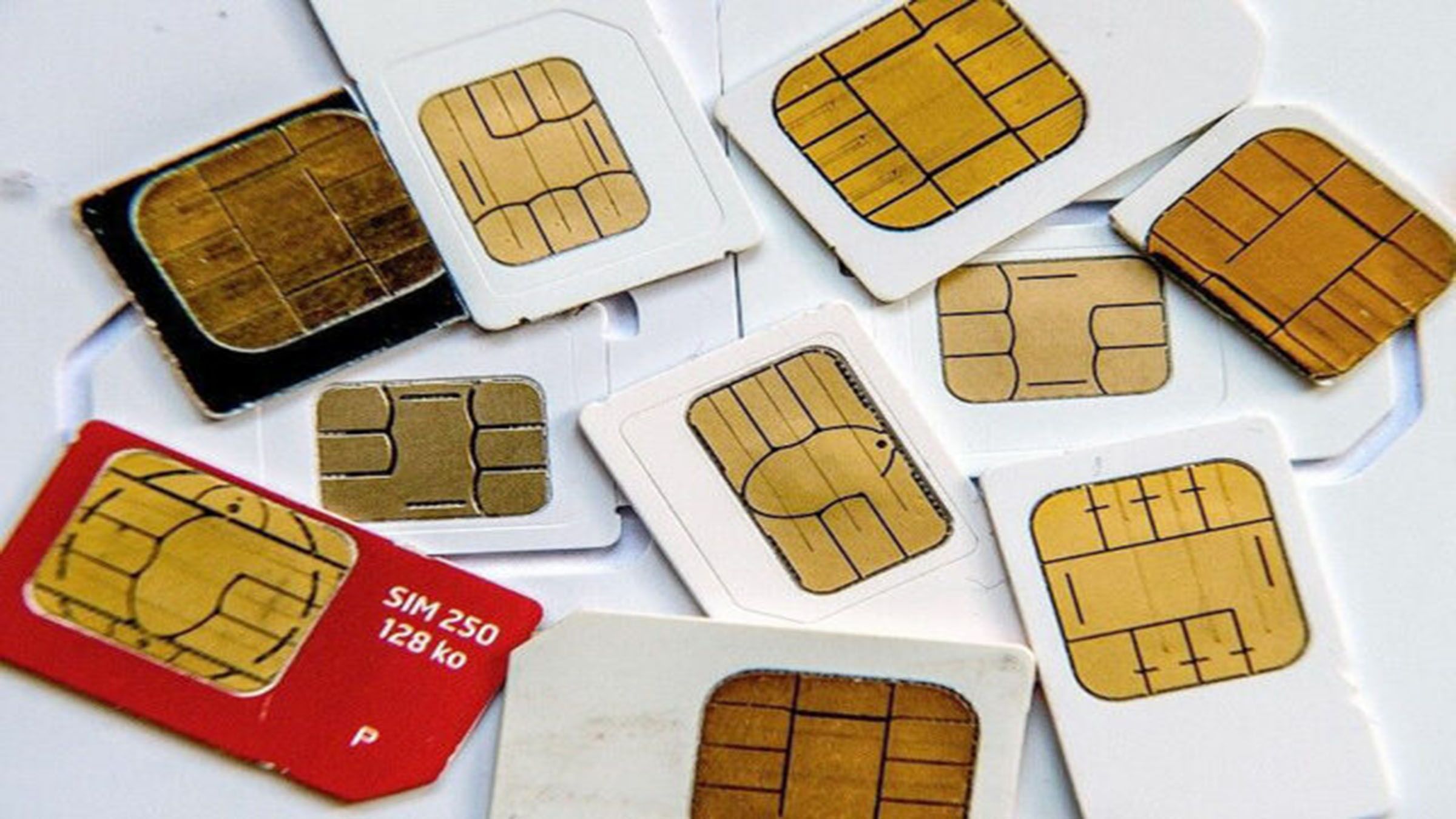The anxiety brought about by scammers can be reduced with the proposed SIM card registration bill but experts warned against accompanying threats to individual privacy.
A proposed bill requiring the registration of subscriber identity module (SIM) cards might help address scams and other crimes involving mobile phones. Legal experts believe, however, that threats to privacy would arise, especially those coming from the government.
Lawyer and data privacy practitioner Numeriano G. Hernandez, Jr. said that
“the bill may not fully eradicate such crimes perpetrated by the use of mobile phones, but it will definitely help law enforcement agencies in identifying sources of these crimes which has been a pain for them recently.”
The legislation may not totally eradicate these crimes committed using mobile phones, but it will surely help law enforcement in locating the sources of these crimes.
“It may help lessen mobile text scams or any other fraudulent activities done through smishing, which has been increasing in the past couple of months,” he added.
He highlighted his concerns about the bill's surveillance and data security measures, which the House of Representatives last week approved on the third reading.
Hernandez emphasized that
“having SIM cards registered may give access to the government and enable them to track activities of citizens through their transactions based on records being given to them.”
He also noted that
“for law enforcement, this may be a good thing when targeting criminals and suspected terrorists.”
“However, for a normal citizen, this could be seen more as intrusive to the privacy rights of the individual.” He added.
Hernandez pointed out that the government is considered the biggest information controller of citizens’ personal data, yet not all government agencies and instrumentalities are up-to-date in complying with the Data Privacy Act of 2012 and strong cyber security practices.
“This may lessen the confidence of some people and may not fully trust the government with their data," he noted.
Lawyer and data protection officer Jose Gabrielle G. Petrache said that that although the bill’s objective is noble, its effectiveness will lie in its implementation.
Although crimes involving telecommunication should be given the utmost attention, the regulation of modern technology should also be met with modern solutions, not another layer of government regulation that purely relies on human intervention,” Petrache said.
Petrache also emphasized the registration procedure itself will serve as the entry point for data privacy violations, hence the law may also result in such violations.
“From a Data Protection Officer’s standpoint, there is no 100 percent guarantee on privacy and security in modern technology,” he added. Petrache noted that “the best we can do is perform preventive measures in our dealings with face-to-face and online transactions.”
The proposed SIM card registration law is aimed at mitigating crimes aided by mobile phones, but Petrache pointed out that criminals have been able to adapt to every regulatory measure passed by the government.
When technology advances, scammers and fraudsters will become more creative as well.
“The passing of the law may breed a black market for unregistered SIM cards; similar to a burner phone,” he said.
Tags: #SIM, #SMS, #Data, #Scammers

